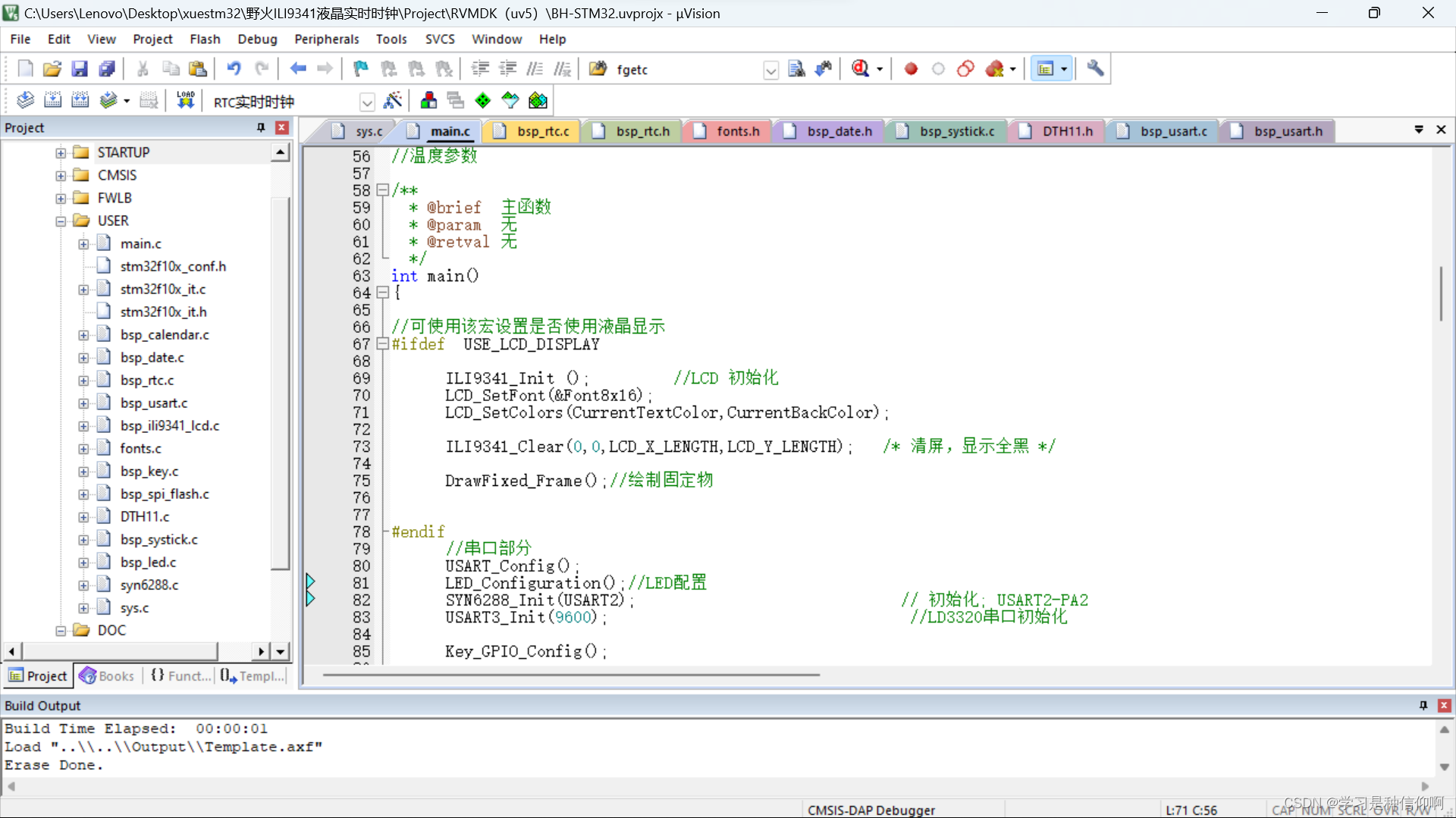CTF中基本的Xor解密操作
直接贴脚本咯,没优化,只是单纯实现了功能。工作方式就是直接把值输入进去,开始进行base64解密,如果不能解密就退出,如果可以解密就执行xor的检测,如果值一样就按照值一样的方式进行xor操作,然后输出flag,如果xor值是递增的话,就按照递增的操作,然后输出flag#!/usr/bin/env python#-*- coding:utf-8 -*-import sysimpor...
·
先解密Base64,然后进行Xor的检测及解密
#!/usr/bin/python3
# -*- coding: utf-8 -*-
# --author:valecalida--
# 异或运算仅允许数字之间的运算,不允许其他类型之间的运算
from base64 import b64decode as b64d
message = input("请输入您想要进行操作的字符串 >>>")
if message[0:2] == "b\'":
message = message[2:-1]
#print(message)
flags = input("请输入解码的样式(例:flag、ctfhub) >>>")
def b64_detect(msg):
try:
cipher_text = b64d(msg)
except BaseException as e:
print("您输入的值好像不能使用Base64解密,请再尝试别的方法")
else:
res = []
for i in range(len(flags)):
res.append(cipher_text[i] ^ ord(flags[i]))
finally:
return res, cipher_text
def decode_xor():
result = ''
res, cipher_text =b64_detect(message)
if res[0] - res[1] == 0:
print("这是一个值不变的Xor运算")
for i in range(len(cipher_text)):
result += chr(res[0] ^ cipher_text[i])
return result
elif res[0] - res[1] == 1:
print("这是一个值递减的Xor运算")
for i in range(len(cipher_text)):
result += chr((res[0] - i) ^ cipher_text[i])
return result
elif res[0] - res[1] == -1:
print("这是一个值递增的Xor运算")
for i in range(len(cipher_text)):
result += chr((res[0] + i) ^ cipher_text[i])
return result
else:
print("这好像不是Xor运算,再试试别的吧")
return result
print("\t程序返回的结果是 >>", decode_xor())
运行结果如下:

这是一个接触到的OTP类型的题目,但是我感觉好像没考到这个知识点(黑人问号脸???),为了避免侵权,这里打上马赛克(侵权请联系我)

由于题目已经给出了hint,所以这里直接用就行了
#!/usr/bin/python2
# -*- coding: utf-8 -*-
import binascii
c1 = '24161a1d1************************20c03170e'
c2 = '380e****************************120100071c'
c3 = '2511************************000302581c1d15'
c4 = '1************************1a**b01460c07175d'
c5 = '24161a1***********************06120c03170e'
c6 = '380e**************************0e120100071c'
c7 = '270********************************606011a'
c8 = '27091*****************************f60a0108'
c9 = '24090************************0030f0c1b1e18' # 这是密码
c10 = '24161**********************13030a0c071713'
c11 = '2409*****************************161b1a18'
c12 = '24091************************1d1211010b0e'
c13 = '330e06************************60510181304'
ciphers = [c1, c2, c3, c4, c5, c6, c7, c8, c9, c10, c11,c12,c13]
cipher_text = "Th*************************ht"
def sxor(s1,s2):
return ''.join(chr(ord(a) ^ ord(b)) for a,b in zip(s1, s2))
for cipher in ciphers:
k = sxor(cipher.decode('hex'),cipher_text)
print(binascii.a2b_hex(k.encode('hex')))
注意这里用的是python2
运行结果

这里直接得到了密码,所以我也不知道它到底有没有考到这个知识点,但是个人感觉没有,给大家看着玩吧
更多推荐
 已为社区贡献7条内容
已为社区贡献7条内容








所有评论(0)